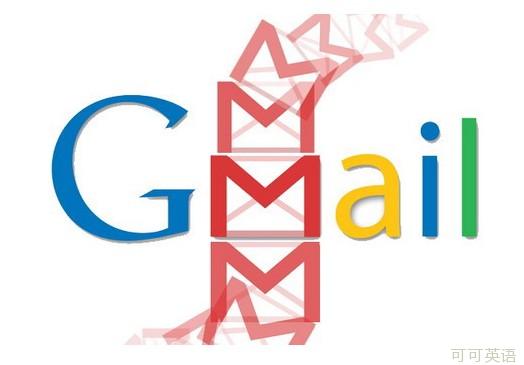
Business Legal disclaimers Spare us the e-mail yada-yada
商業(yè) 合法的免責(zé)聲明 騰回我們的電郵空間
Automatic e-mail footers are not just annoying. They are legally useless
自動附加電子郵件頁腳,真讓人討厭,法律上還沒啥用呢
"IF THIS e-mail is received in error, notify the sender immediately."
"如果電郵被誤收,請馬上通知發(fā)件人。""電郵沒有建立代理-委托的關(guān)系。"
"This e-mail does not create an attorney-client relationship."
"任何關(guān)于電郵的稅務(wù)咨詢不是以避免國內(nèi)稅法處罰為目的。"
"Any tax advice in this e-mail is not intended to be used for the purpose of avoiding penalties under the Internal Revenue Code."
無論電郵的信息是多么簡短和瑣碎,
Many firms—The Economist included—automatically append these sorts of disclaimers to every message sent from their e-mail servers, no matter how brief and trivial the message itself might be.
大部分企業(yè)(包括《經(jīng)濟(jì)學(xué)人》)都會自動在電郵服務(wù)器中的所有郵件中附加各式各樣的免責(zé)聲明。
E-mail disclaimers are one of the minor nuisances of modern office life, along with fire drills, annual appraisals and colleagues who keep sneezing loudly.
電郵免責(zé)聲明是現(xiàn)代辦公室生活中的小騷擾之一,其它騷擾則是火警演戲、年度評比和同事大聲連續(xù)打噴嚏。
Just think of all the extra waste paper generated when messages containing such waffle are printed.
試想想,信息中含有多余的話句,還被打印出來了,多浪費(fèi)紙張啊。
They are assumed to be a wise precaution.
而且,免責(zé)聲明還被認(rèn)為是一種明智的預(yù)防措施。
But they are mostly, legally speaking, pointless.
然而,從法律上說,這些聲明大多是沒意義的。
Lawyers and experts on internet policy say no court case has ever turned on the presence or absence of such an automatic e-mail footer in America, the most litigious of rich countries.
互聯(lián)網(wǎng)政策方面的律師和專家們表示,富裕國家中最愛訴訟的美國, 也還沒有哪個訴案是由這種自動的電郵頁腳的存在與否引起的。
Many disclaimers are, in effect, seeking to impose a contractual obligation unilaterally, and thus are probably unenforceable.
實際上,大部分免責(zé)聲明都在爭取利用單方契約義務(wù),最終可能導(dǎo)致條款無法執(zhí)行。
This is clear in Europe, where a directive from the European Commission tells the courts to strike out any unreasonable contractual obligation on a consumer if he has not freely negotiated it.
在這方面,歐洲做得非常清晰。歐洲委員會向法院下指令,要求嚴(yán)打針對那些不給予消費(fèi)者自由談判權(quán)利的、不合理的契約義務(wù)。
And a footer stating that nothing in the e-mail should be used to break the law would be of no protection to a lawyer or financial adviser sending a message that did suggest something illegal.
這些頁腳聲稱電子郵件中沒有違法內(nèi)容;另外,對于律師和財務(wù)顧問而言,它們也不會有保障性,也不會發(fā)信息告知人們什么是非法的。
So why are the disclaimers there?
那么,免責(zé)聲明是干什么用的?
Company lawyers often insist on them because they see others using them.
企業(yè)的律師總會堅持使用免責(zé)聲明,因為他們見其它公司也在使用。
As with Latin vocabulary and judges' robes, once something has become a legal habit it has a tendency to stick.
與拉丁詞匯和法官的長袍一樣,一旦某行為成為一種法律習(xí)慣,該行為就會被繼續(xù)堅持下去。
Might they at least remind people to behave sensibly?
至少,這些聲明可以讓人們理智行動吧?
Michael Overly, a lawyer for Foley & Lardner in Los Angeles, thinks not: the proliferation of predictable yada-yada at the bottom of messages means that people have long since stopped paying any attention to it.
洛杉磯富理達(dá)律師事務(wù)所的律師邁克爾?毆弗利可不這么認(rèn)為:那些在郵件信息底部的嘮叨條款的擴(kuò)散,意味著人們早已停止對其關(guān)注了。



